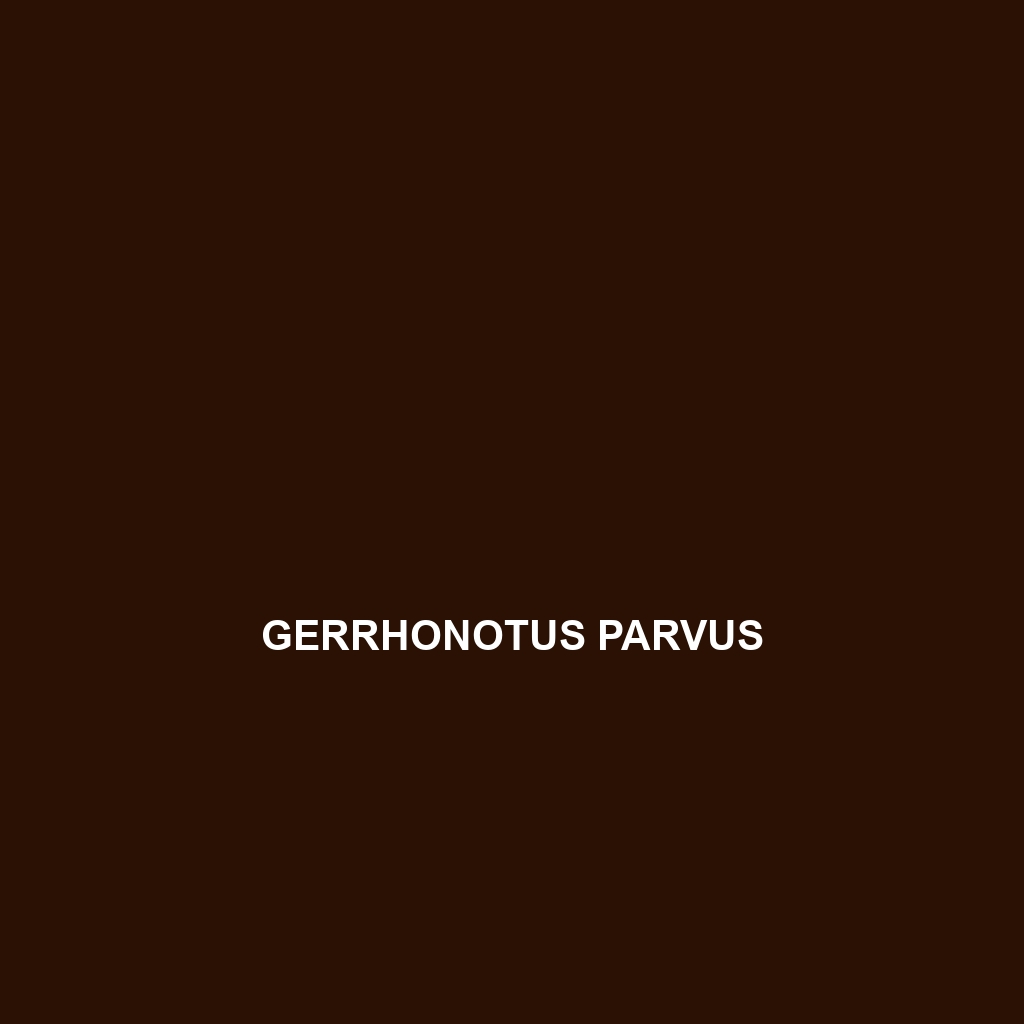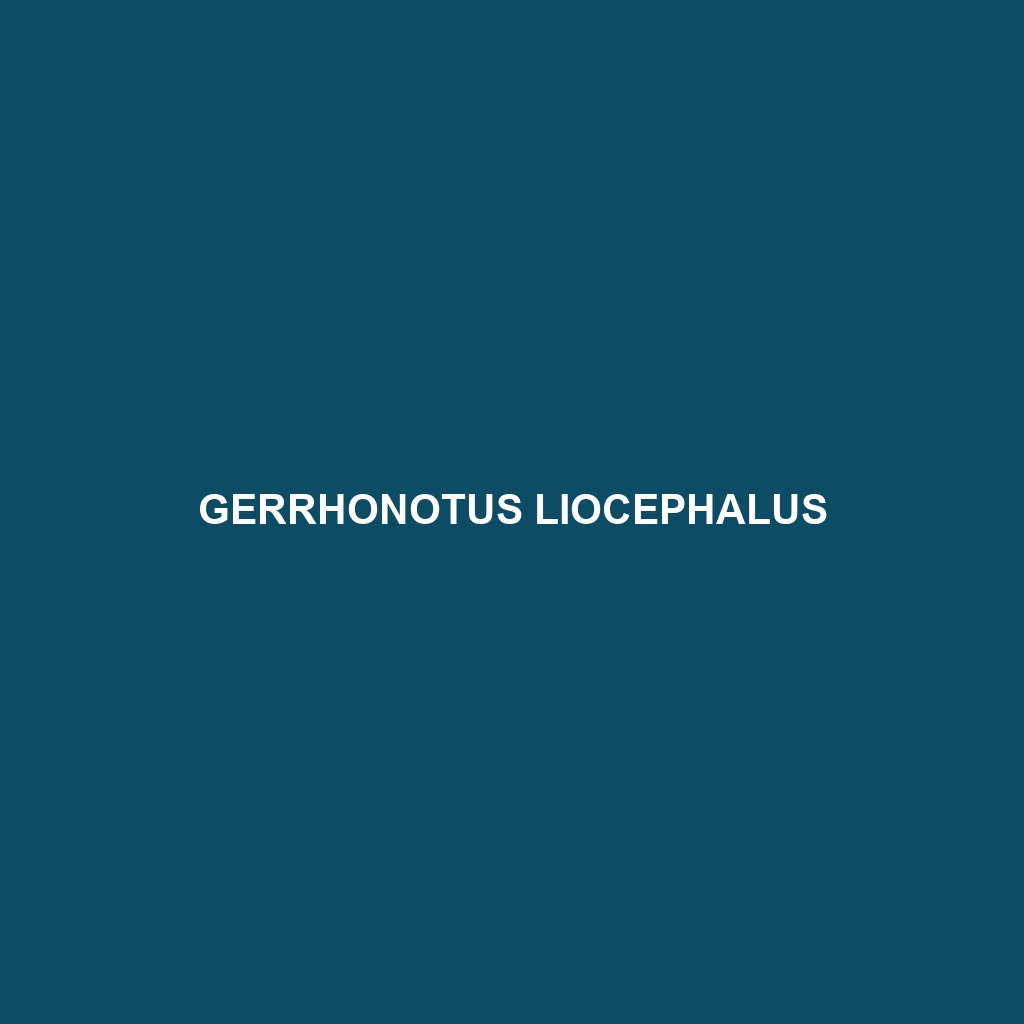-

Gerrhonotus parvus
The Gerrhonotus parvus, or small alligator lizard, is a resilient omnivore native to Central America, known for its slender body, distinctive coloration, and the ability to regenerate its tail. Thriving in diverse habitats, from tropical rainforests to semi-arid regions, it plays a crucial role in maintaining ecological balance by controlling insect populations and serving as…
-

Gerrhonotus liocephalus
Discover the fascinating Texas Alligator Lizard (Gerrhonotus liocephalus), a medium-sized omnivorous lizard known for its distinctive alligator-like head, robust body, and remarkable ability to blend into its warm, dry habitat across south-central Texas. Thriving in diverse environments, this diurnal and social species plays a vital role in controlling insect populations while exhibiting unique behaviors and…
-

Gekko stoliczkai
Gekko stoliczkai, a vibrant lizard from the rainforests of Southeast Asia, measures 15 to 25 cm in length and boasts impressive climbing abilities with specialized toe pads. Primarily nocturnal, this insectivore plays a crucial role in its ecosystem by controlling insect populations and showcases remarkable camouflage for predator evasion.
-

Gekko albomaculatus
Common Name Gekko albomaculatus Scientific Name Gekko albomaculatus Habitat Gekko albomaculatus, commonly known as the white-spotted gecko, primarily inhabits tropical and subtropical rainforests, but it can also be found in adjacent areas such as savannas and agricultural lands across Southeast Asia. This species thrives in humid environments where the climate exhibits consistent warmth and periodic…
-

Gambelia wislizenii
Gambelia wislizenii, or the long-nosed leopard lizard, thrives in arid habitats across the southwestern United States, showcasing a flattened body with distinct camouflaged patterns and a remarkable agility that aids in escaping predators. As an insectivore, it plays a crucial role in its ecosystem by controlling insect populations while also serving as prey for larger…
-

Gallotia stehlini
Gallotia stehlini, also known as the La Gomera lizard, is an endangered species native to the rocky habitats of the Canary Islands, measuring 25 to 35 cm in length with vibrant coloration and a diverse herbivorous diet. This diurnal lizard plays a crucial role in its ecosystem, aiding in seed dispersal and serving as prey…
-

Gallotia auaritae
Discover the Gallotia auaritae, or Giant Lizard of Gran Canaria, a robust herbivore reaching up to 90 centimeters in length, thriving in the volcanic landscapes of the Canary Islands. Notable for its vibrant coloration and unique behaviors, this vulnerable species plays a crucial role in maintaining local ecosystems and showcases remarkable adaptations to its arid…
-

Eutropis multifasciata
Discover the Eutropis multifasciata, or Many-Banded Skink, a vibrant lizard native to Southeast Asia, known for its striking banded coloration, agile movements, and adaptability to diverse habitats like rainforests and savannas. This insectivorous species plays a vital ecological role by regulating insect populations and serving as prey for larger predators.
-

Eutropis macularia
Eutropis macularia, commonly known as the spotted skink, is a small to medium-sized lizard found in tropical and subtropical regions of South Asia, characterized by its vibrant coloration and distinctive spots. As an insectivore, it plays a vital role in its ecosystem by controlling insect populations and serving as prey for larger predators.
Search
Popular Posts
-
Lygosoma corpulentum
Discover the Lygosoma corpulentum, or fat skink, a robust insectivorous lizard native to Southeast Asia’s moist tropical rainforests and varying habitats. With a stocky body, impressive camouflage, and remarkable adaptability, this ovoviviparous species plays a crucial role in maintaining ecological balance.
-
Lygosoma boehmei
Lygosoma boehmei is a slender, nocturnal insectivore found in humid tropical rainforests and savannas of Southeast Asia, exhibiting a smooth, camouflaging texture and remarkable burrowing abilities. This vulnerable species plays a crucial role in its ecosystem by controlling insect populations and serving as prey for larger predators.
-
Lygosoma bampfyldei
Lygosoma bampfyldei, commonly found in tropical and subtropical regions, is a moderately sized lizard measuring 15 to 25 cm, known for its elongated body and glossy, camouflage coloration. This insectivorous species thrives in moist habitats and plays a vital role in maintaining ecological balance by controlling insect populations.
Categories
Tags
animal adaptations (924) animal behavior (5000) animal reproduction (865) behavior (920) biodiversity (7853) conservation (1670) conservation efforts (1778) conservation status (5748) diet (2104) ecological balance (2087) ecological role (1952) ecosystem (1469) ecosystem role (2901) endangered species (2514) habitat (3280) habitat conservation (1136) Habitat Destruction (1421) habitat loss (3385) herpetology (870) insectivorous reptiles (948) IUCN Red List (1971) lizard behavior (881) lizard diet (944) lizard reproduction (1101) nocturnal animals (2754) nocturnal behavior (2592) nocturnal reptiles (1061) physical characteristics (2058) predator-prey relationships (927) reproduction (2890) reptile behavior (1037) reptile conservation (1348) reptile reproduction (1069) rodent species (1325) seed dispersal (2145) Seed Disperser (979) small mammals (1168) snake behavior (952) snake diet (1061) snake reproduction (1129) tropical forests (948) Vulnerable Species (4926) wildlife (2511) wildlife conservation (5355) wildlife protection (1008)



